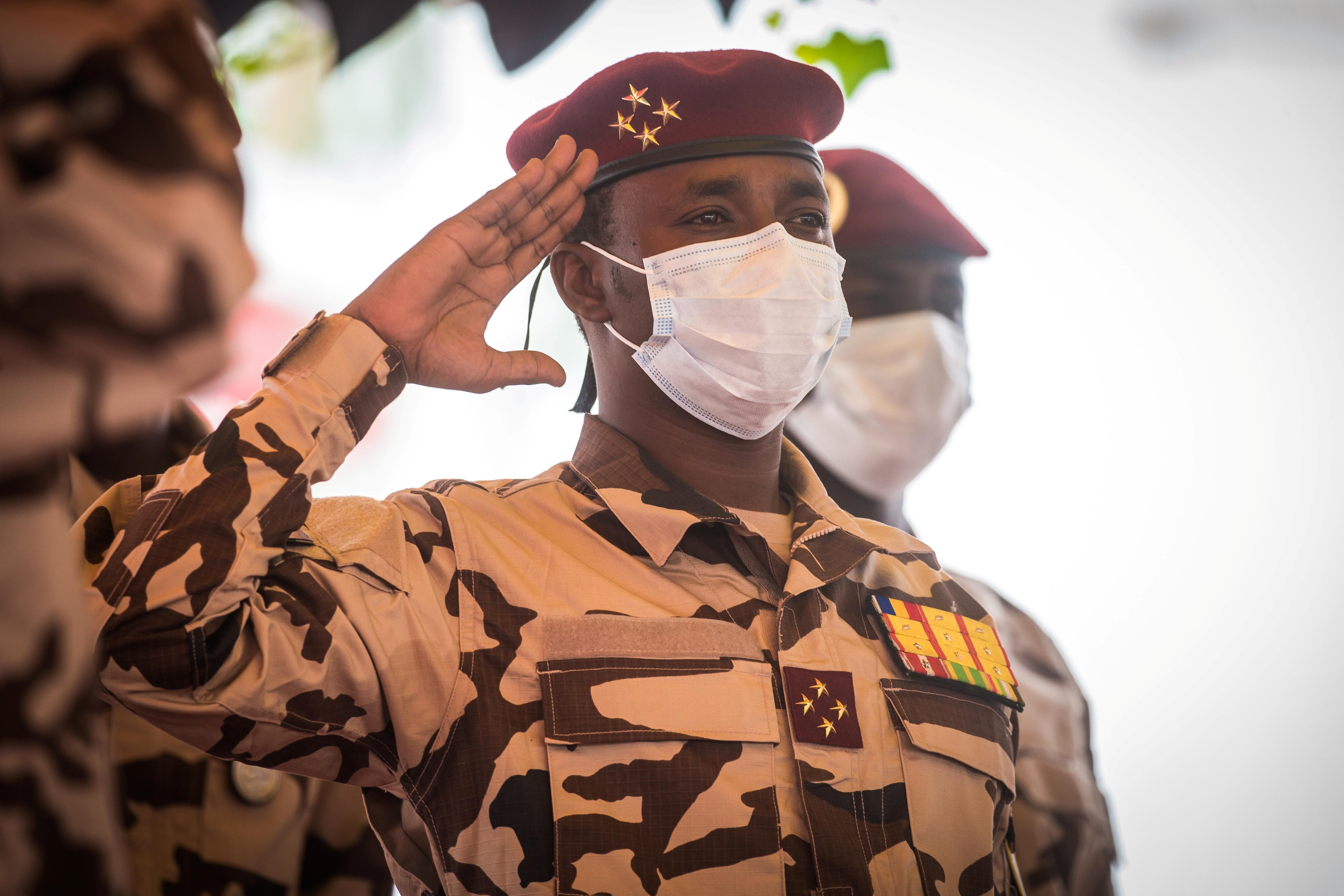Chadians reject "soft" coup: Street protests against Chad's new military-led government have turned bloody a week after the killing of longtime President Idriss Déby. Interim leader Mahamat Idriss Déby, son of the slain Idriss, has named one of his dad's former allies as prime minister, but the opposition says he has no right to do so because he took over in a coup (and neighboring countries agree). Meanwhile France, the former colonial power which backed Déby père for 30 years, was initially open to a civilian-military transition, but has changed its position and now wants a civilian-only government before a fresh election in 18 months. But as long as the younger Déby follows in his father's footsteps by remaining a strong ally of the West against jihadists in the wider Sahel region, Paris surely won't put up too much of a fuss.
China's falling population: The world's most populous country has a new and growing problem: too few babies. According to a Financial Times scoop, the 2020 census — which has not been released yet — shows that China's population has dipped below the 1.4 billion mark that it reached in 2019. Experts blame rising costs of living, education, and childcare. For decades, the Chinese Communist Party was worried about overpopulation, and in 1978 it imposed the infamous "one-child policy." But in 2016 the government relaxed those restrictions because of fears of sluggish population growth. (One side effect of the one-child policy was to encourage families to terminate pregnancies of girls, which has led to a male-female population imbalance among younger Chinese.) A stagnant or shrinking population could present serious long term problems for China's economic growth and the care of older generations. What can China do to convince more Chinese people to have... more Chinese people?
Brazil rejects Sputnik: On Monday, health officials in Brazil
refused to approve the Russian COVID vaccine
Sputnik V, citing concerns about the vaccine maker's quality-control processes, testing data, and information about potential side effects. This was the latest bad news for a vaccine that Russian officials say has been registered in more than 60 countries and distributed already in Belarus, Syria, Iran, and Argentina. The EU has raised similar concerns about the lack of information about the vaccine, and the government of Slovakia has rejected some shipments of Sputnik V on the grounds that the product they received did not share "the same characteristics and properties" as the Sputnik doses that were deemed "safe and effective" by the British medical journal
The Lancet in February. Sputnik V's makers quickly accused Brazil's regulators of playing politics with the vaccine. This story reminds us that the true international reserve currency is trust.
